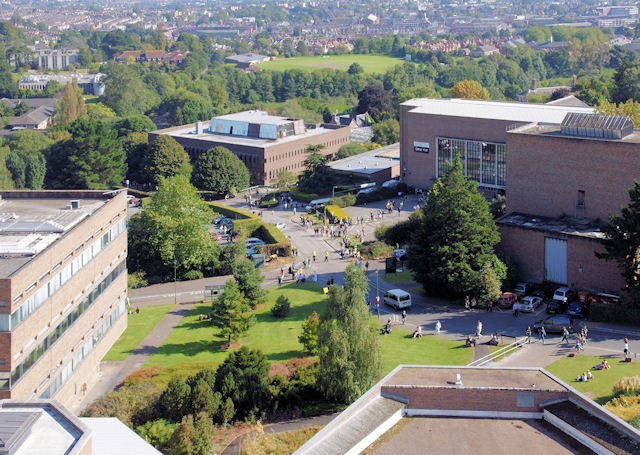Exeter offers medical students £10,000 to defer
Students set to study medicine at the University of Exeter have been offered £10,000 and free accommodation if they delay their place until next year.
The institution said that there had been a significant increase in the number of candidates for medicine who had made Exeter their first choice.
A record number of students have applied to study medicine nationally, with applications increasing by a fifth on last year.
However, the number of places for medicine in England is capped by the Government because of the large public subsidy which the course receives, and the fact that all students have to complete clinical placements in the NHS.
As a result, the university has written to students who have accepted an offer to study medicine starting in 2021 asking if they will delay to 2022.
In return it would guarantee their place next year, provide free accommodation for their first year and a cash bursary of £10,000 “to spend on preparing yourself” at the end of October 2021.
The letter to students says the university understands this would mean “big changes” to their plans but their place next year would be secure, provided they get the grades specified in their offer.
Professor Mark Goodwin, Exeter’s deputy vice-chancellor, said: “This is unprecedented for us, something has happened this year to make a higher proportion choose us. More students are holding us as their firm choice this year.
The significant increase in applications this year and the uncertainty generated by the introduction of teacher-assessed grades means it has been much harder for all universities to judge the right number of offers to make.
–Dr Tim Bradshaw
“As the numbers admitted to the course are regulated by the government, the university is asking applicants holding a firm offer to decide by 30 July if they will defer.
“We want to deliver a really high-quality student experience, and deliver those safe and secure NHS placements so we can train the number of doctors the government asks us to train.”
Dr Katie Petty-Saphon from the Medical Schools Council says the increase in applications this year has made it harder for universities to judge the right number of offers.
“In the past the very best applicants might receive four offers which would mean they would reject – and thus free up – places at three medical schools.
“This did not happen this year and so the ‘conversion rate’ of offers to firmly accepted places has changed, meaning that some medical schools have more acceptances than they were anticipating.”
Dr Tim Bradshaw, the chief executive of the Russell Group, urged the government to expand the number of places available to study medicine.
He said: “The significant increase in applications this year and the uncertainty generated by the introduction of teacher-assessed grades means it has been much harder for all universities to judge the right number of offers to make. This is particularly the case for medicine, where the number of places is capped by the government.”

Comments